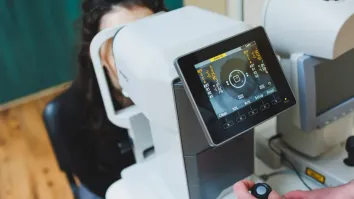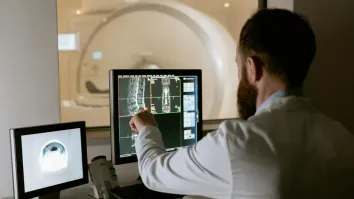
Japan sleep apnea equipment to grow US$100m in 2030: report
Long working hours, obesity and depression will propel the market's growth.
The sleep apnea equipment market in Japan is expected to grow to US$100m in 2030 driven by increasing occurrences of stress and depression, obesity, long working hours, and high incidences of diabetes, GlobalData said.
GlobalData revealed that in terms of value, "Japan is the largest market for sleep apnea equipment in the Asia-Pacific region, accounting for around 45% of the market in 2023."
Rachna Tripathi, medical devices analyst at GlobalData, said "As awareness of this issue continues to rise, there is a clear need for advanced diagnostic and treatment solutions to enhance the quality of life for individuals.”
An example of this market is Shionogi and Apnimed which recently collaborated to establish Shionogi-Apnimed Sleep Science with the primary goal of addressing the increasing impact of obstructive sleep apnea (OSA) on global public health.



















 Advertise
Advertise





